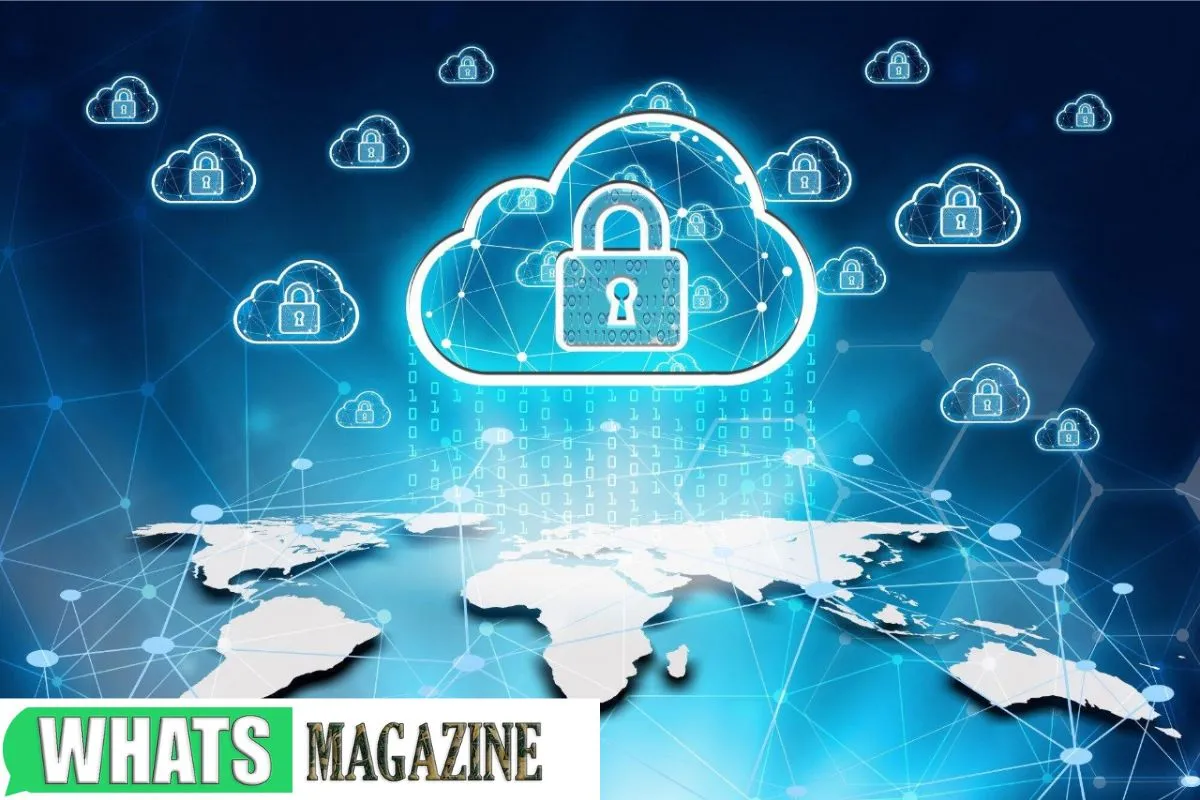Welcome to the world of enterprise cloud security. This is the realm where technology meets law and order. The rules of the game are known as compliance requirements. These are the guidelines that keep your data safe while it’s floating in the cyber clouds. Navigating these rules might feel like steering a ship through a storm, but worry not. This article is here to help you through the complexities of compliance requirements. This is for enterprise cloud security to ensure you reach your destination safely.
In this article
General Data Protection Regulation (GDPR)
The General Data Protection Regulation (GDPR) is kind of like a big, friendly giant. It’s there to make sure that all the personal data we share online is kept safe, kind of like a digital safety net. Imagine that every time you use the internet, you’re throwing a party and all your details are the guests. GDPR is the bouncer at the door, checking who’s allowed in and who isn’t, so only the good guys get through.
Health Insurance Portability and Accountability Act (HIPAA)
This is another compliance of enterprise cloud security. This U.S. legislation protects sensitive patient health information from being disclosed. This is without the patient’s consent or knowledge. If your business phone service deals with health information in any capacity. Adherence to HIPAA requirements is crucial. This is whether providing services to health care providers or processing health-related data.
Payment Card Industry Data Security Standard (PCI DSS)
The Installment Card Industry Information Security Standard (PCI DSS) resembles a cool club for individuals who handle Visa data. At the point when you swipe a card to purchase something, it resembles passing a mystery note. The PCI DSS are the people who ensure nobody peruses your note and who shouldn’t. They’re a big part of enterprise cloud security because they make sure your credit card secrets stay secret. If your business works with credit card info, you gotta play by their rules. Everything no doubt revolves around ensuring that, with regards to your cash, just individuals you need can reach out.
The Federal Information Security Management Act (FISMA)
This focuses on the protection of the following against natural or man-made threats:
· governmental information
· governmental systems
· governmental assets
For businesses, complying with FISMA is an absolute necessity. This act not only underscores the importance of information security for maintaining security. It also highlights the role of enterprise cloud security in safeguarding governmental data. By sticking to FISMA, your business can show its obligation to insurance consistency. It improves its believability as a confided-in accomplice for legislative organizations.
The Sarbanes-Oxley Act (SOX)
This safeguards financial backers from false monetary detailing by organizations. It mandates strict reforms to enhance financial disclosures. It also combats corporate and accounting fraud. Compliance with SOX becomes particularly important for publicly traded companies. It is also important in planning an initial public offering (IPO). Adhering to this legislation underscores your commitment to transparency. It also underscores accountability in financial management. This in turn strengthens your reputation for compliance and investor protection. Companies can ensure the highest standards of financial integrity. This instills confidence in their stakeholders. This is by following the guidelines set by SOX.
The International Organization for Standardization (ISO) 27001
This is a universally perceived norm for the administration of data security. It provides a robust framework to secure information assets, such as:
· financial data
· intellectual property
· employee details
It might likewise incorporate any data shared with an organization by outsiders. Consistency with ISO 27001 is crucial. This happens when your business stores, handles, or sends such delicate data. Your business not only enhances its reputation for protection compliance if you adhere. It also builds customer trust. This is by ensuring that their information is handled with utmost care and security.
The Cloud Security Alliance’s Security, Trust & Assurance Registry (STAR)
This is an extensive and openly open set-up of safety and consistency contributions. It helps businesses establish and maintain cloud-specific security measures. It documents the security controls provided by various cloud computing offerings. This helps users assess the security of the cloud providers they currently use. It also applies to those they are considering contracting with. By sticking to STAR, organizations can grandstand their obligation to cloud security. This lifts their believability and reliability on the lookout.
The Family Educational Rights and Privacy Act (FERPA)
This is a government regulation in the US that oversees the security of understudy training records. This regulation applies to all schools that get assets under the U.S. Division of Instruction. FERPA gives guardians certain freedoms concerning their kids’ schooling records. It likewise gives privileges that exchange to the understudy when they arrive at the age of 18. This is also for those who attend a school beyond the high school level. Compliance with FERPA is essential to businesses with student records or educational institutions. Adhering to FERPA not only maintains trust with educational institutions. It also safeguards the privacy of student records. It helps promote a secure educational environment.
The Children’s Online Privacy Protection Act (COPPA)
This is a vital regulation in the US. This safeguards the protection of kids under 13 years old who took part in web-based exercises. This act applies to businesses that operate online services. This includes apps and websites. These are for children under 13 who are providing personal information online. By adhering to COPPA, businesses show their commitment to protection compliance. This is by ensuring the online safety and privacy of their youngest users. This thereby fosters a trustworthy environment for all.
The California Consumer Privacy Act (CCPA)
This act is an urgent piece of regulation in the territory of California, pointed toward upgrading security freedoms and buyer insurance for occupants. Consistency with CCPA is basic for organizations managing the information of California occupants, guaranteeing a promise to defend buyer security. This act likewise fills in as a model for different states and nations in fostering their protection regulations, featuring the effect and meaning of consistence prerequisites for big business cloud security on a worldwide scale.
Explore Compliance Requirements for Enterprise Cloud Security
In simple words, rules for enterprise cloud security are like a strong fence that keeps our data safe in the big world of the internet. Just like we keep our homes safe with locks, these rules keep our data safe. They make sure only the right people can access it, keeping the bad guys out. So, we need to follow these rules closely to keep our data parties safe and fun.
Did you find this article helpful? Check out the rest of our blog.











